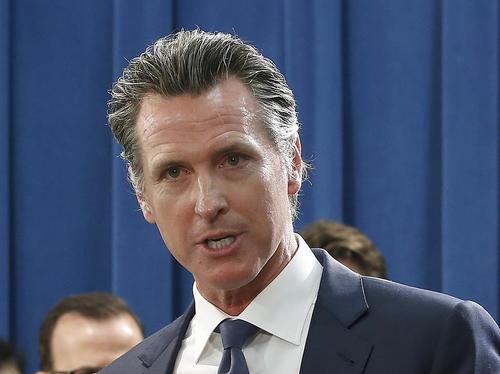Today, the U.S. Food and Drug Administration is announcing two upcoming meetings of its Vaccines and Related Biological Products Advisory Committee (VRBPAC) to discuss newly available data for the currently available COVID-19 vaccines.
VRBPAC Meeting on Janssen and Moderna COVID-19 Vaccine Boosters
On Oct. 14 and 15, the advisory committee will meet to discuss the use of booster doses of the Moderna COVID-19 Vaccine and the Janssen COVID-19 Vaccine. Both vaccines are currently authorized for emergency use to prevent COVID-19 in individuals 18 years of age and older. The committee will also hear presentations and discuss the available data on the use of a booster of a different vaccine than the one used for the primary series of an authorized or approved COVID-19 vaccine (heterologous or “mix and match” booster).
“Vaccines are one of the most important interventions for bringing an end to the ongoing pandemic. It’s critical that as many eligible individuals as possible get vaccinated as soon as possible. Once vaccinated, we want to ensure that individuals continue to be protected against the adverse effects of COVID-19. The available data make clear that protection against symptomatic COVID-19 in certain populations begins to decrease over time, so it’s important to evaluate the information on the use of booster doses in various populations,” said Peter Marks, M.D., Ph.D., director of the FDA’s Center for Biologics Evaluation and Research.
On Oct. 14, the committee will discuss an amendment to the emergency use authorization of the Moderna COVID-19 Vaccine for the administration of a booster dose, in individuals 18 years of age and older.
On Oct. 15, the VRBPAC will discuss amending the emergency use authorization of Johnson and Johnson’s Janssen COVID-19 Vaccine for the administration of a booster dose, in individuals 18 years of age and older.
Additionally, on Oct. 15, the committee will hear a presentation from the National Institute of Health’s National Institute of Allergy and Infectious Diseases on the heterologous use of booster doses following the primary series of the three currently authorized or approved COVID-19 vaccines.
During the meeting, the committee will hear presentations from the companies on the data for their respective vaccines. The FDA will also present its own analyses of each of the manufacturers’ data. There will be an open public hearing each day during which the public will be given an opportunity to provide comments.
VRBPAC Meeting on Pfizer Data on Its COVID-19 Vaccine for Children 5-11
The FDA anticipates receiving a request from Pfizer to amend its emergency use authorization to allow the use of its COVID-19 vaccine in children 5 through 11 years of age. In anticipation of the request, the FDA is moving forward with scheduling an advisory committee meeting on Oct. 26 to inform the agency’s decision-making.
“We know from our vast experience with other pediatric vaccines that children are not small adults, and we will conduct a comprehensive evaluation of clinical trial data submitted in support of the safety and effectiveness of the vaccine used in a younger pediatric population, which may need a different dosage or formulation from that used in an older pediatric population or adults,” said Acting FDA Commissioner Janet Woodcock, M.D.
The FDA intends to make background materials for both VRBPAC meetings available to the public, including the meeting agendas and committee rosters, no later than two business days before each meeting.
The FDA intends to livestream the VRBPAC meetings on the agency’s YouTube page (Oct. 14 meeting link; Oct. 15 meeting link; Oct. 26 meeting link), which will be viewable on the agency’s Facebook and Twitter channels; the meetings will also be webcast from the FDA website.
